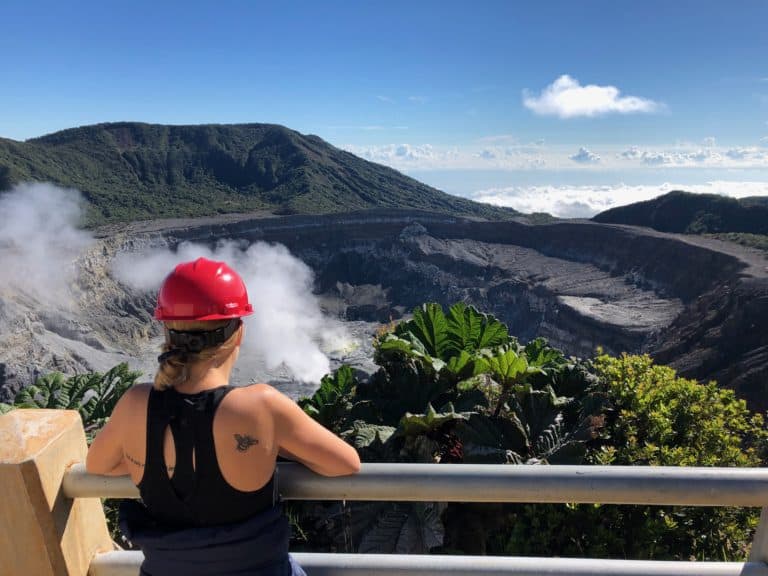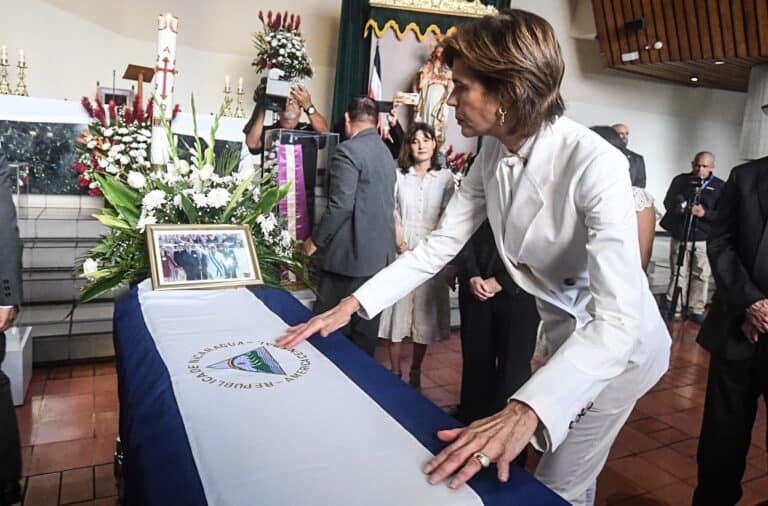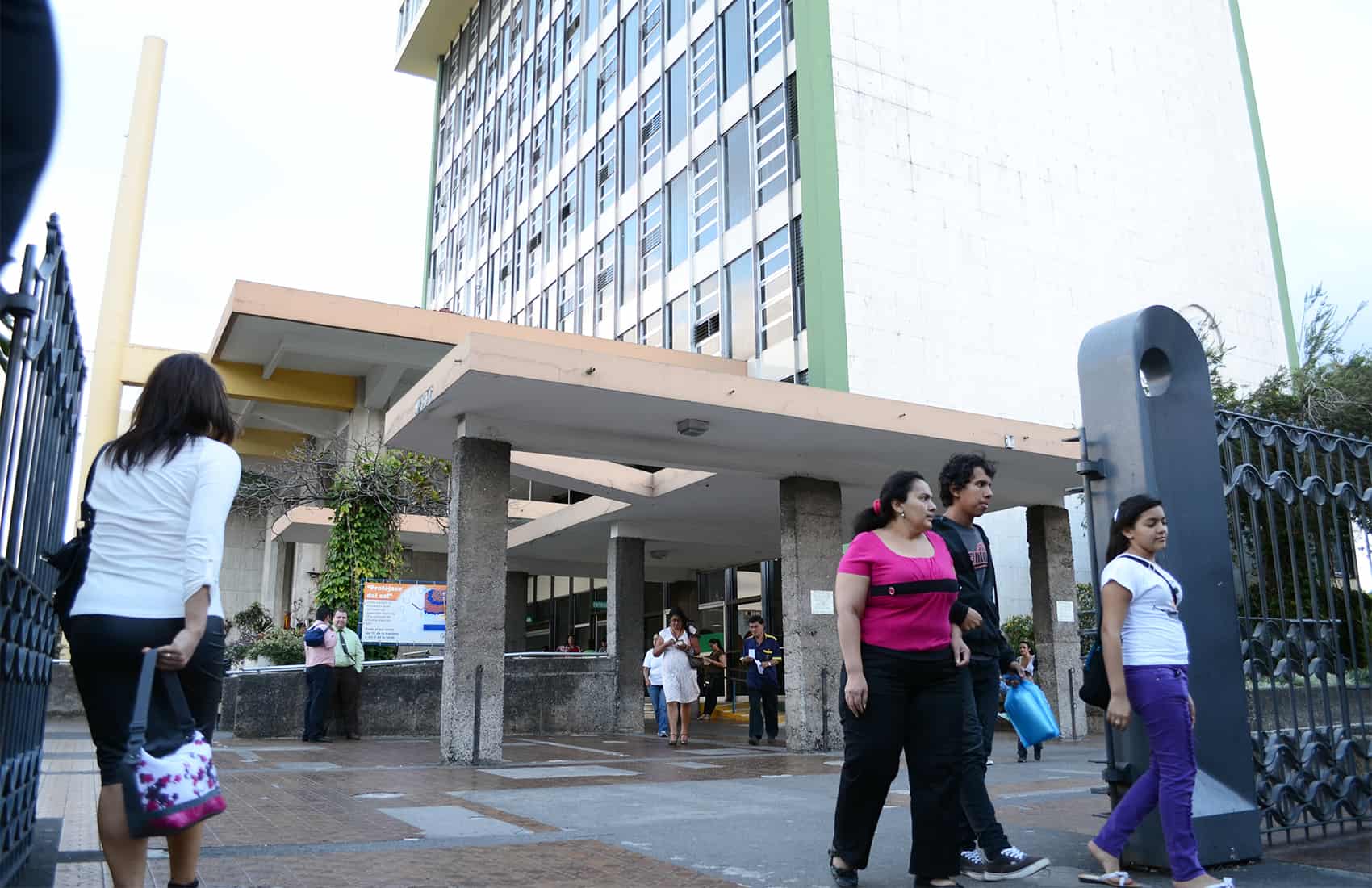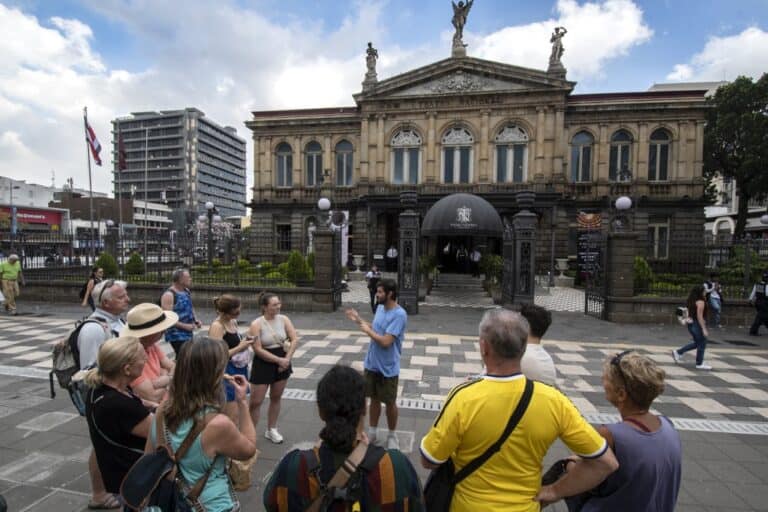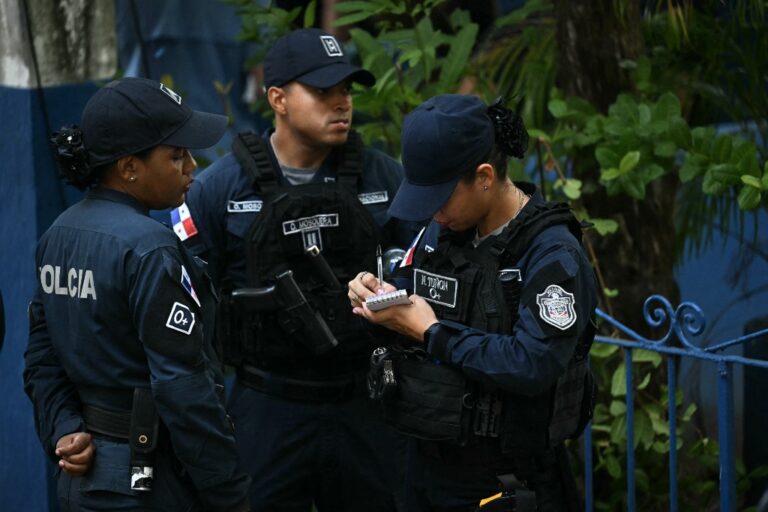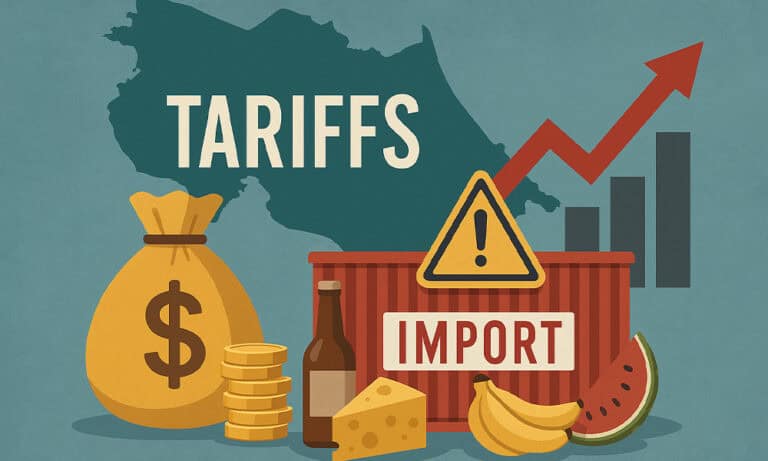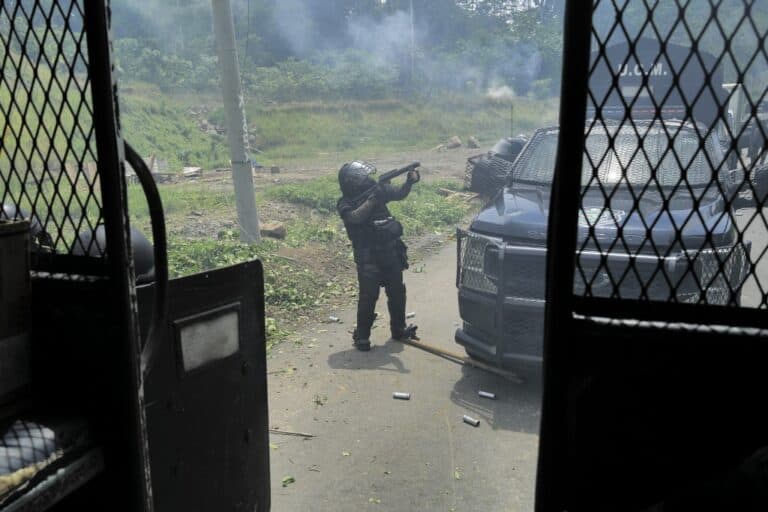The U.S. government under Donald Trump canceled the visa of former Panamanian President Martín Torrijos after he criticized a new agreement allowing U.S. military deployment in Panama, the ex-president announced on Monday. The agreement, signed in April between Panama and Washington, permits the United States to use Panamanian air and naval bases for “training” purposes for a renewable period of three years.
Torrijos claims his visa was revoked due to his criticism of the agreement and of joint declarations made in April by U.S. Secretary of Defense Pete Hegseth alongside Panamanian officials. “If they revoke my visa, I accept it with pride,” said Torrijos (president from 2004–2009), son of General Omar Torrijos, who signed the 1977 treaties with U.S. President Jimmy Carter that eventually handed over the Panama Canal to Panama in 1999.
The presence of U.S. troops remains a sensitive issue in Panama, as it brings back memories of the era when the U.S. maintained military bases in the canal zone before its handover. Former presidential candidate Ricardo Lombana, a 2024 election rival of current President José Raúl Mulino, also had his U.S. visa revoked, he announced Monday.
“This is a warning to all Panamanians that criticism of Panama’s relationship with the United States will not be tolerated,” said Torrijos, speaking in front of a large photo of his father and Carter signing the canal handover agreements in 1977. “We are witnessing a historic setback,” added the 61-year-old former leader.
Several Panamanian politicians and activists signed a declaration with Torrijos and Lombana claiming the agreement violates Panama’s national sovereignty and its constitution. The agreement was signed amid pressure from Trump, who has threatened to reclaim control of the Panama Canal, alleging it is now managed by China.
In April, Washington also canceled the visa of former Costa Rican President and Nobel Peace Prize laureate Óscar Arias, who criticized Trump’s migrant deportations and global trade policies.


